Advantages and Disadvantages of MIS
It’s always a good idea to start with the positive side, so we’re going to review the benefits of MIS system fist.
Single database
Managers and employees have access to a database with all the data needed to process everyday tasks. Business operations are getting smoother as information is always in hand. Also, staff can standardize data collection methods, for example, by using forms or questionnaires.
Ability to prioritize tasks
Due to an efficient system, employees focus on important tasks. There's no need to spend hours on saving or retrieving data manually. As a result, the company is saving on manpower costs and employees are working more productively.
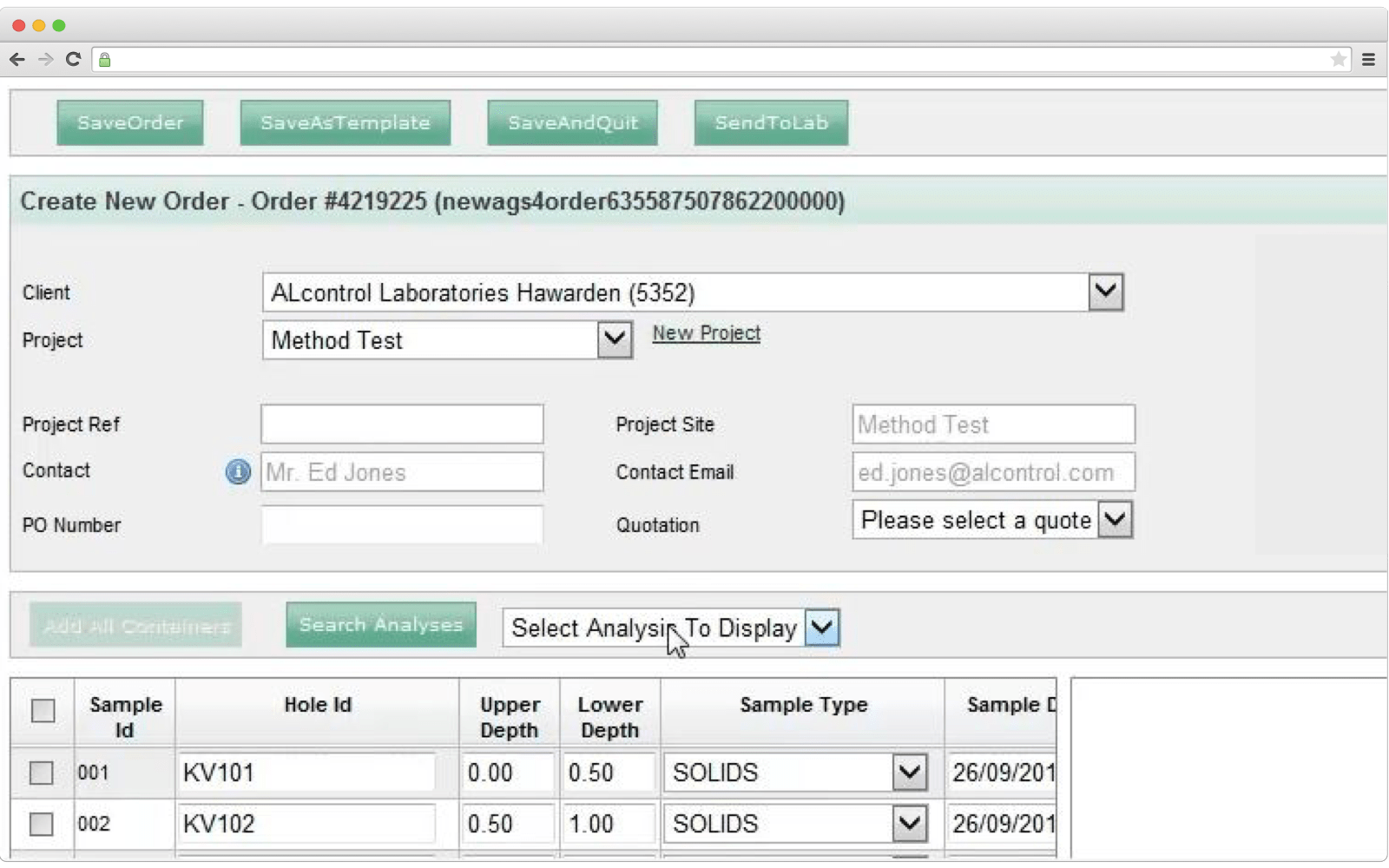
Order details can be entered and retrieved right away https://www.cleveroad.com/blog/mis-vs-erp
Improved decision-making process
MIS usually have data processing tools that make conclusions based on input data from various sources. It helps with material management, manpower allocations, etc.
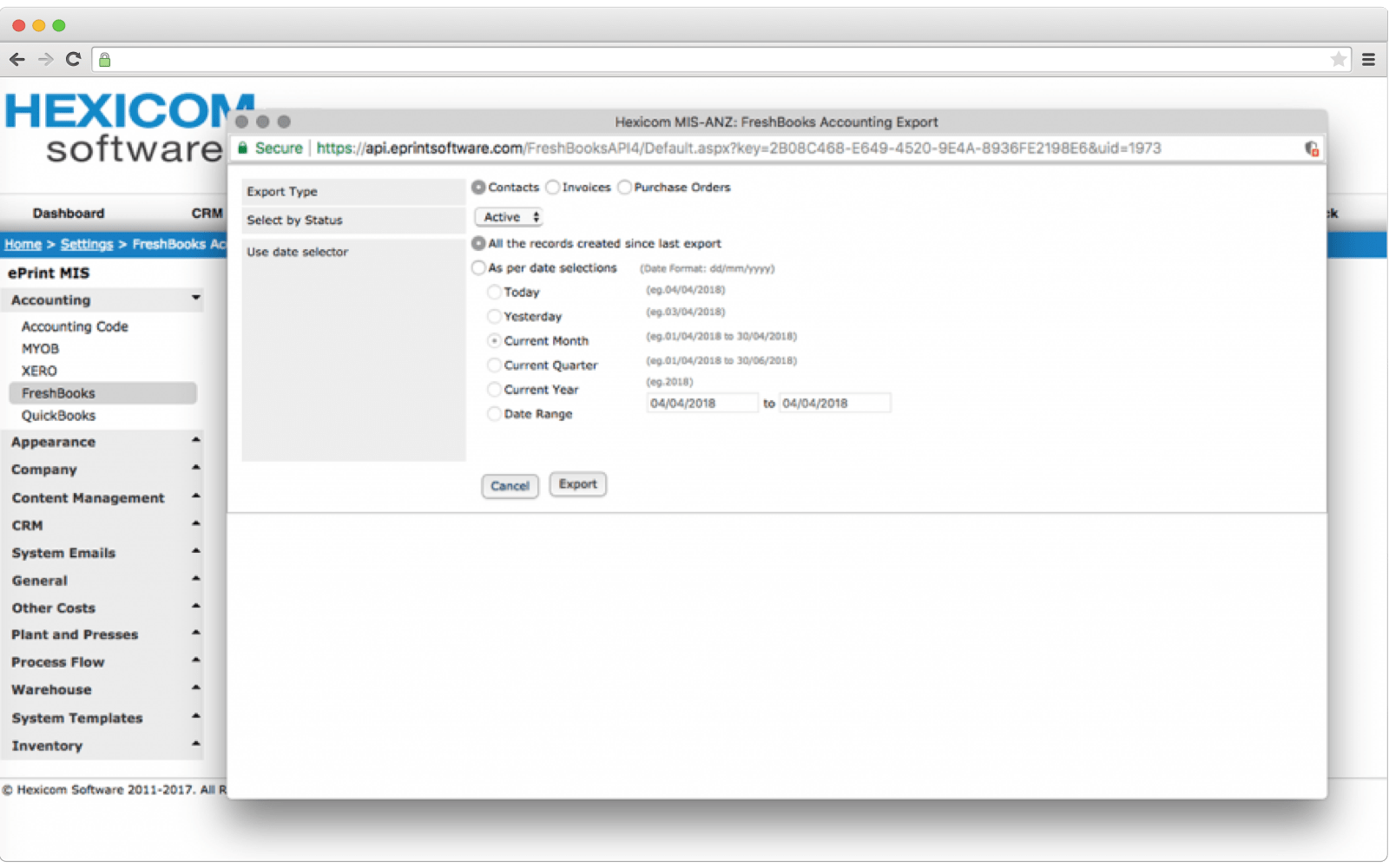
MIS allows users to export details from other sources
High degree of accountability
In MIS, all user actions can be tracked. Thus, finding who made a specific change is no longer impossible, not even time-consuming. So managers easily find out who made a critical mistake or who are the best performing employees.
No paperwork
Among the advantages of MIS is the reduction of paper stored in the office. Departments access the central database directly from the company network to check the required details. This not only makes the whole process much faster but helps to reduce expenses on papers, printers, ink, etc.
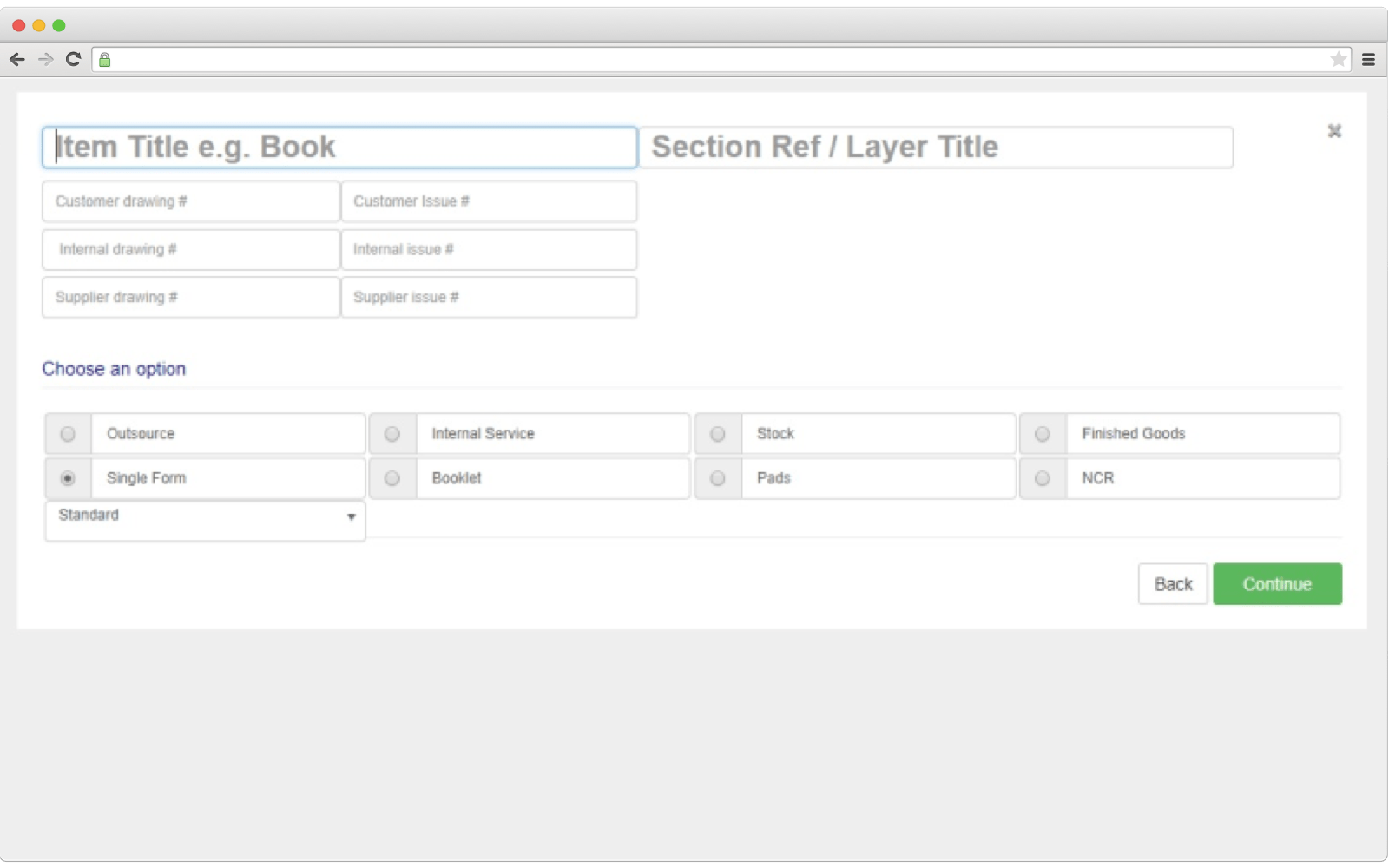
Among the main functions of MIS is simple data access
Understanding the financial situation
MIS help top managers to evaluate the overall financial situation of the company. They can easily check status reports of different projects and find out how successful they turn out to be.
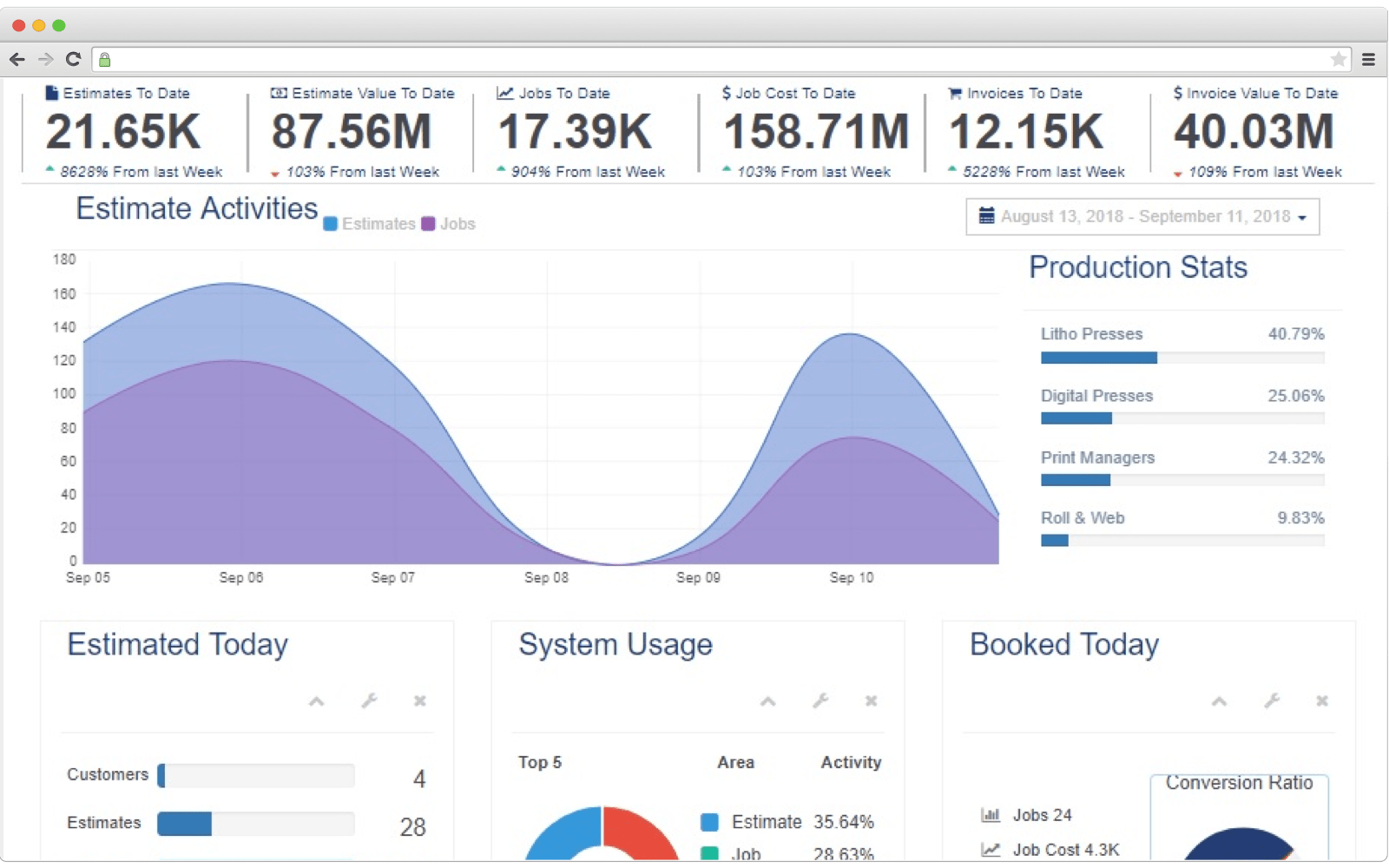
With MIS, managers are always aware of the current financial situation
Staying competitive
MIS software stores and processes data in a faster and easier way. Customers are satisfied with the level of service as their requests are processed faster. And employees get rid of mundane tasks and are more motivated to work. So companies achieve better results on both fronts.
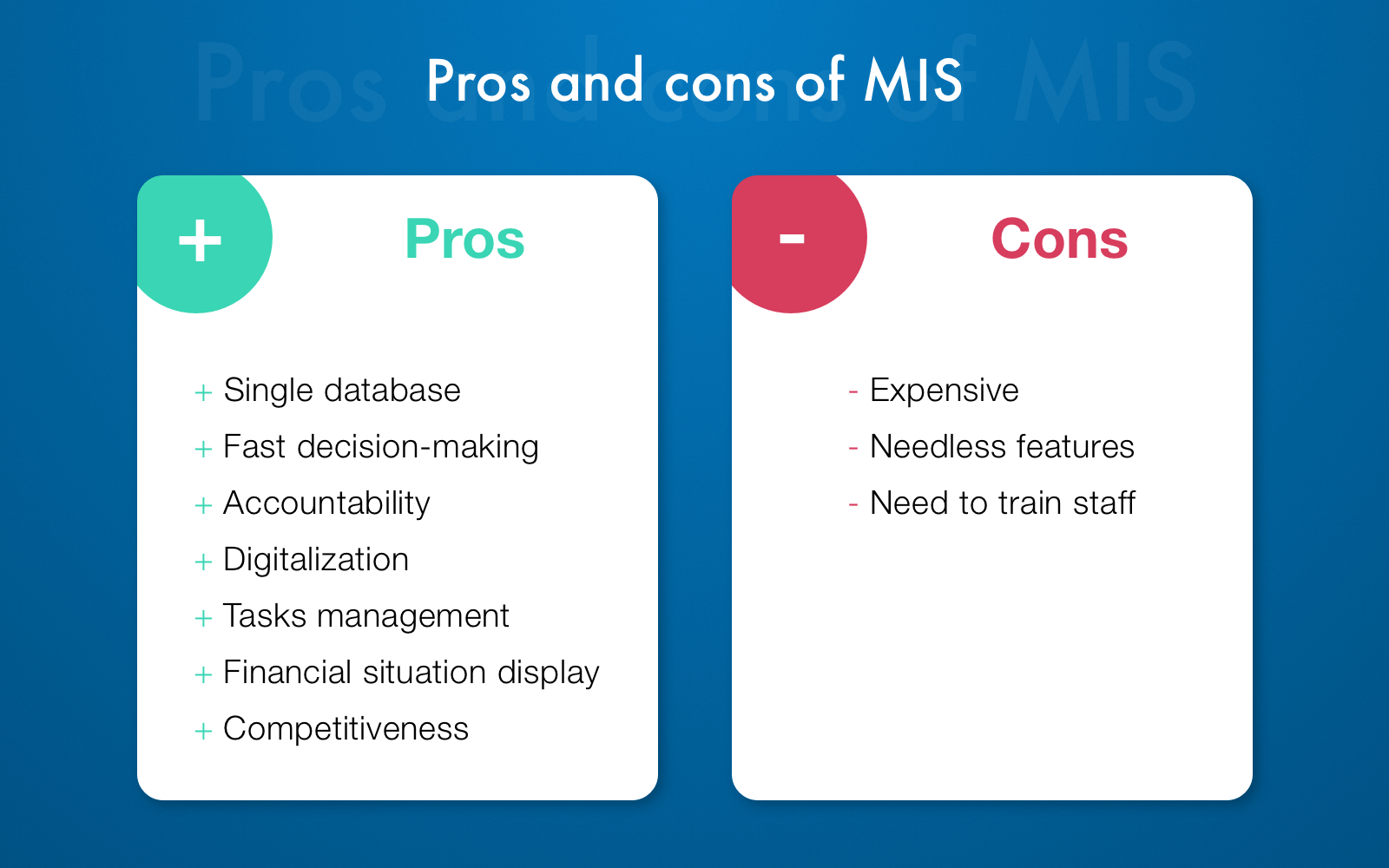
Benefits and drawbacks of management information system
Unfortunately, there’s always another side of the coin. MIS software also has its dark sides, so we’re going to uncover them.
Both the development of a custom solution and purchase of a ready-made suite may cost a fortune. So MIS software is rather a choice of medium-sized and large enterprises that need to process a terrific amount of data.
Ready-made suites may not have the features a business needs. Or vice versa – there may be tons of non-needed options. And there's no way to return the investments if the company has better access to data no one needs.
There's no use of MIS if the staff doesn't know how to work with it. So the company will have to spend some time and money on teaching employees how to work with the system. But these investments will pay off as soon as the system is fully implemented.
Pros and Cons of ERP Systems
We've already checked the benefits of management information system and its drawbacks, so to be completely impartial, let's take a look at the pros and cons of ERP software.
Easy reporting
ERP works as a unified system for collecting reports. The software often has an in-built pattern for standard financial reports, or staff can generate custom ones at any time.
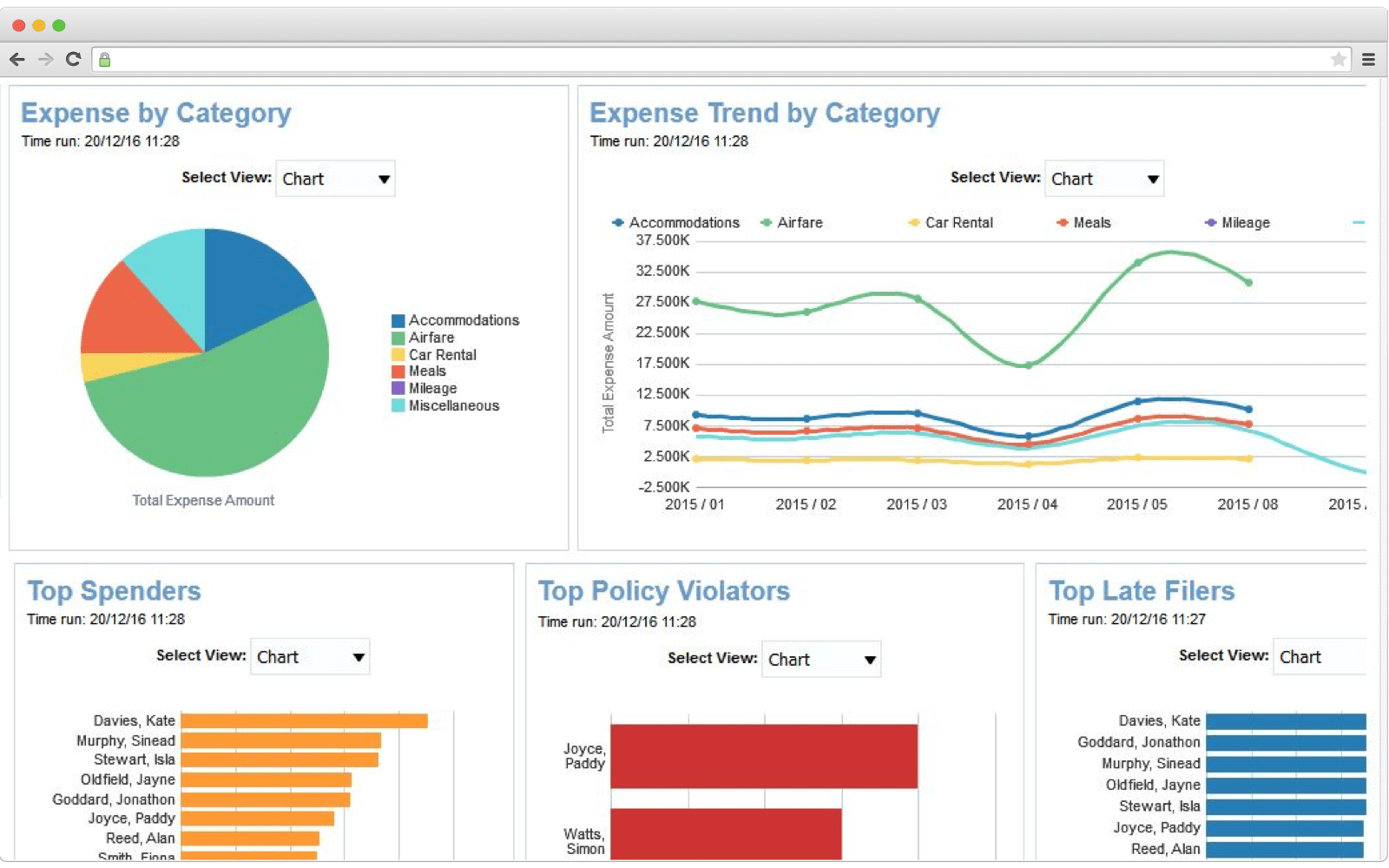
How reports look like in ERP
Increased efficiency
Same as MIS, ERP software helps reduce the load by processing some daily tasks automatically. A properly implemented software reduces the number of repetitive manual processes, and the team can focus on more important tasks.
Securing data
Another benefit ERP brings is securing data. These systems have in-built tools to ensure data protection. First, managers provide different access levels to employees. Second, the data is stored in one database and not various sources. So it's easier to establish its protection.
Finally, ERP solutions backup critical and sensitive data. So even if part of important information is accidentally removed, it won't take long to restore it.
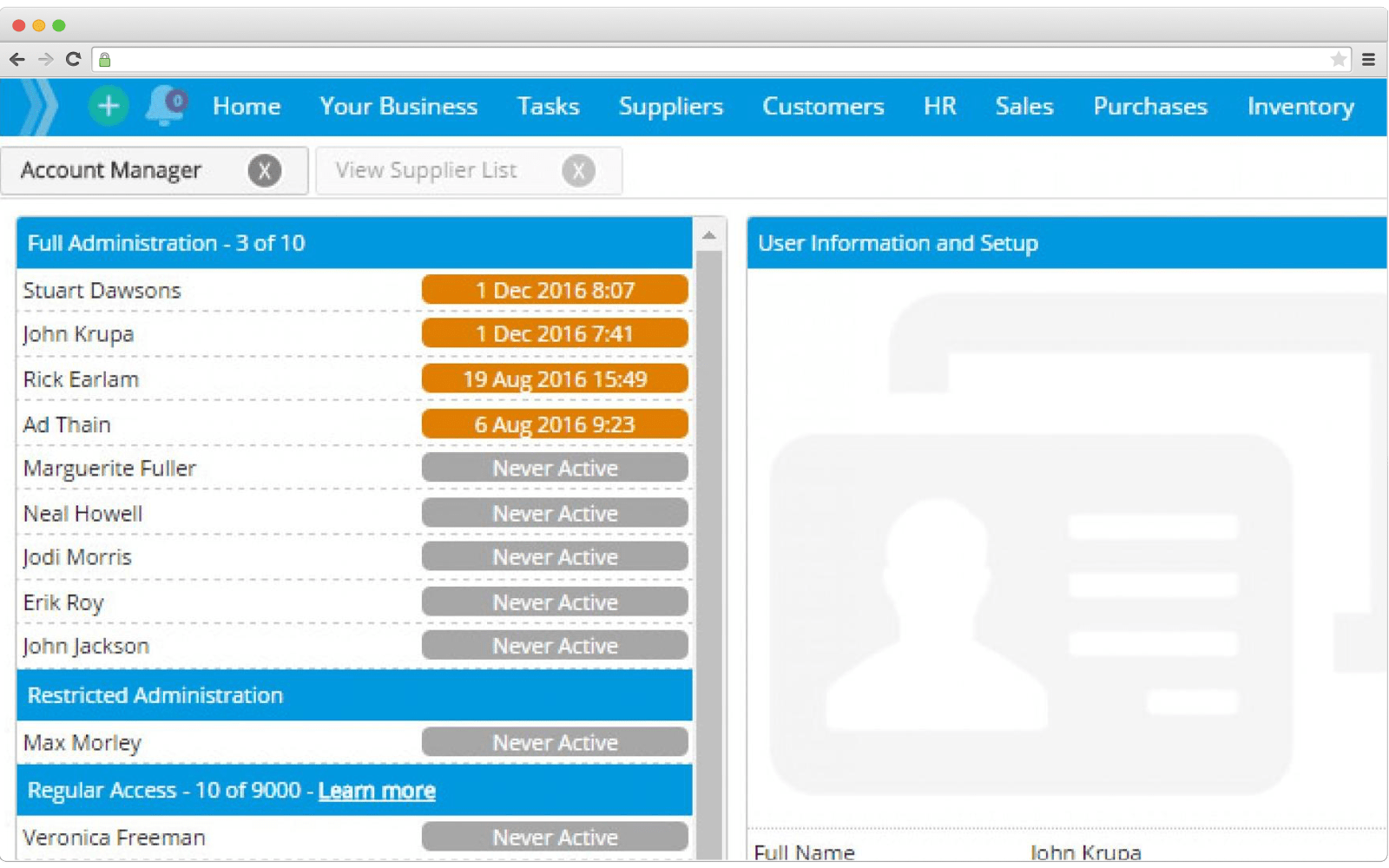
Administrators can easily manage user profiles in ERP
Improved workflows
ERP software provides access to data the staff requires just when they need it. These system work with a central database. Information from one department is transferred into the centralized location, and other departments can review it.
Improved supply chain management
Companies dealing with transportation of inventory or production can exhale. Improvements that ERP can offer include the minimization of order processing time, more on-time deliveries and other processes that ensure business success.
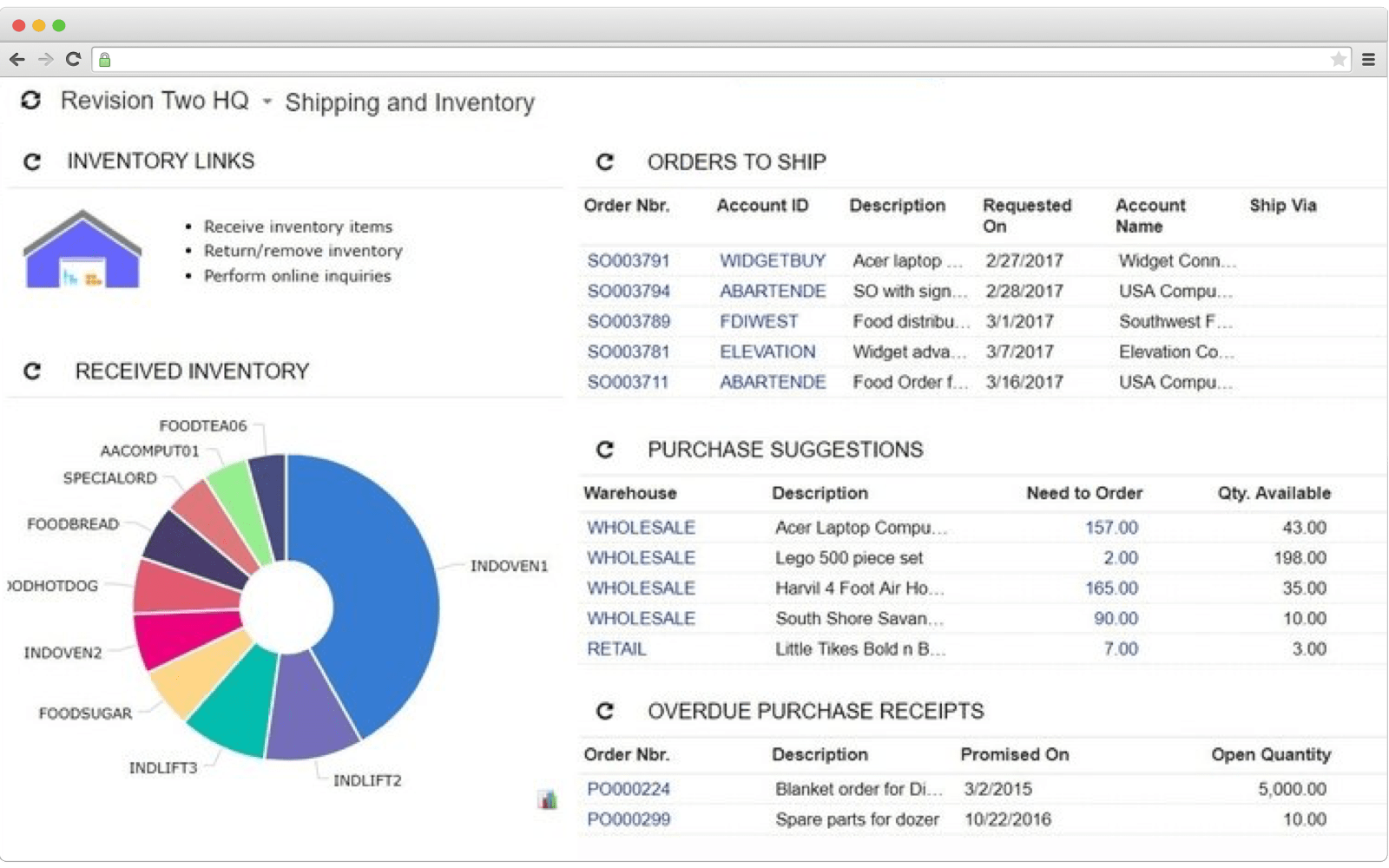
All shipping and inventory details on one page
Increased scalability
When the company expands its customer base, sets up new business processes, opens up new departments, they need a scalable system that also can be expanded.
With custom ERP software, it ends with finding a team that provides software development services and making sure they understand the future plans for growth.
Customer service
ERP brings advantages to both internal and external clients. As the software automatically processes customer data, sales managers can focus on working with people rather than entering their details into a database.
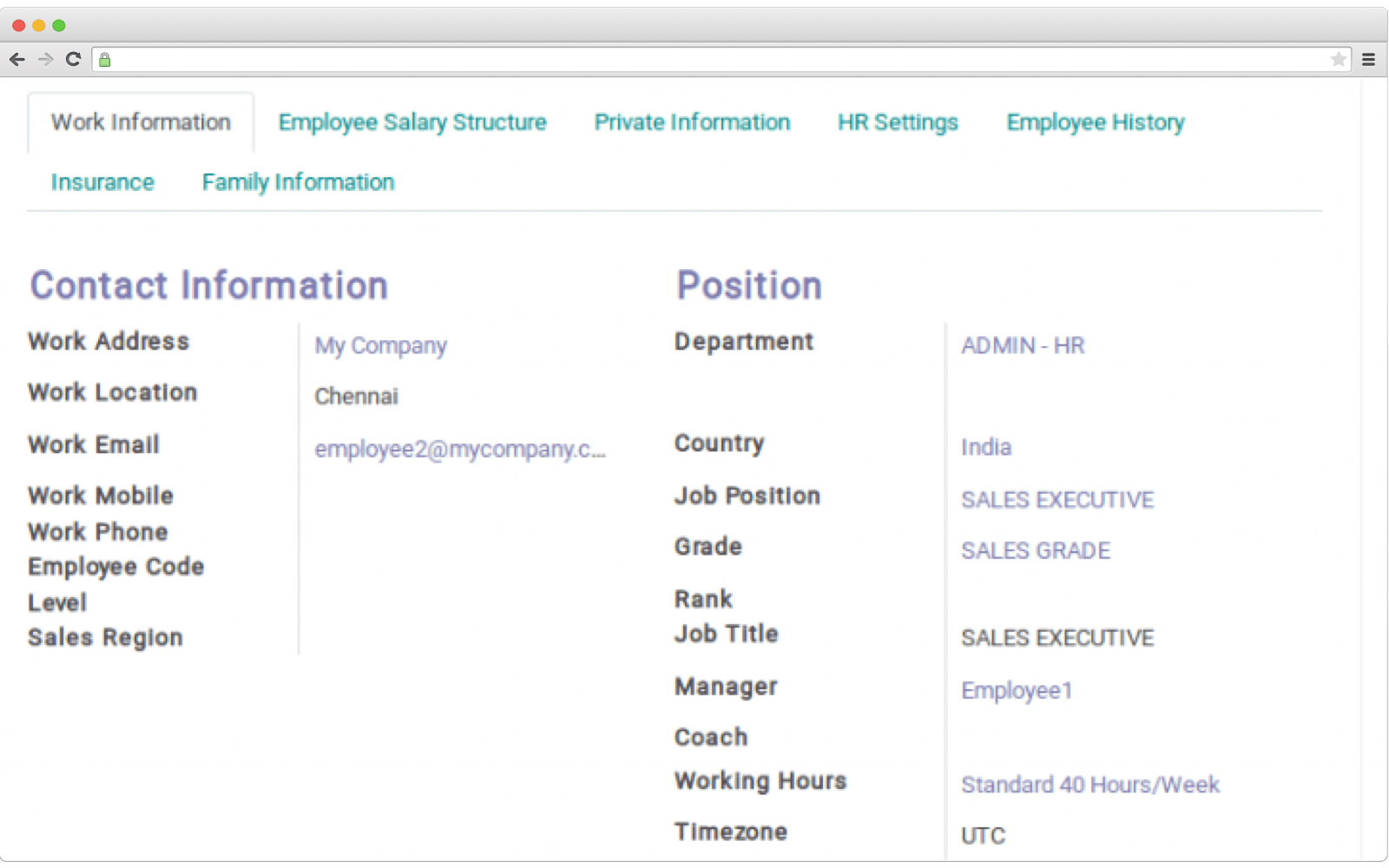
How employee profile may look like in MIS
Checking all the benefits of ERP software, you might already want to develop such a system for your company. Still, remember that drawbacks and risks are always there. And now's the time to meet them face to face.
Here are 2 ‘c-’ issues you may face prior or after ERP system implementation:
For instance, if you prefer purchasing a traditional suite, you may end up spending tens of thousands on the license. It's possible to reduce the cost by going for a cloud-based system with monthly payments. But mind that personnel and clients will have access to the system only if the monthly subscription is extended.
When companies understand that the system they've purchased doesn't meet their requirements, they often turn to customization. This process may indeed help with filling business needs, but it doesn't come for free. So they spend tons of time, money and efforts on customization as well as paying a sum for the license.
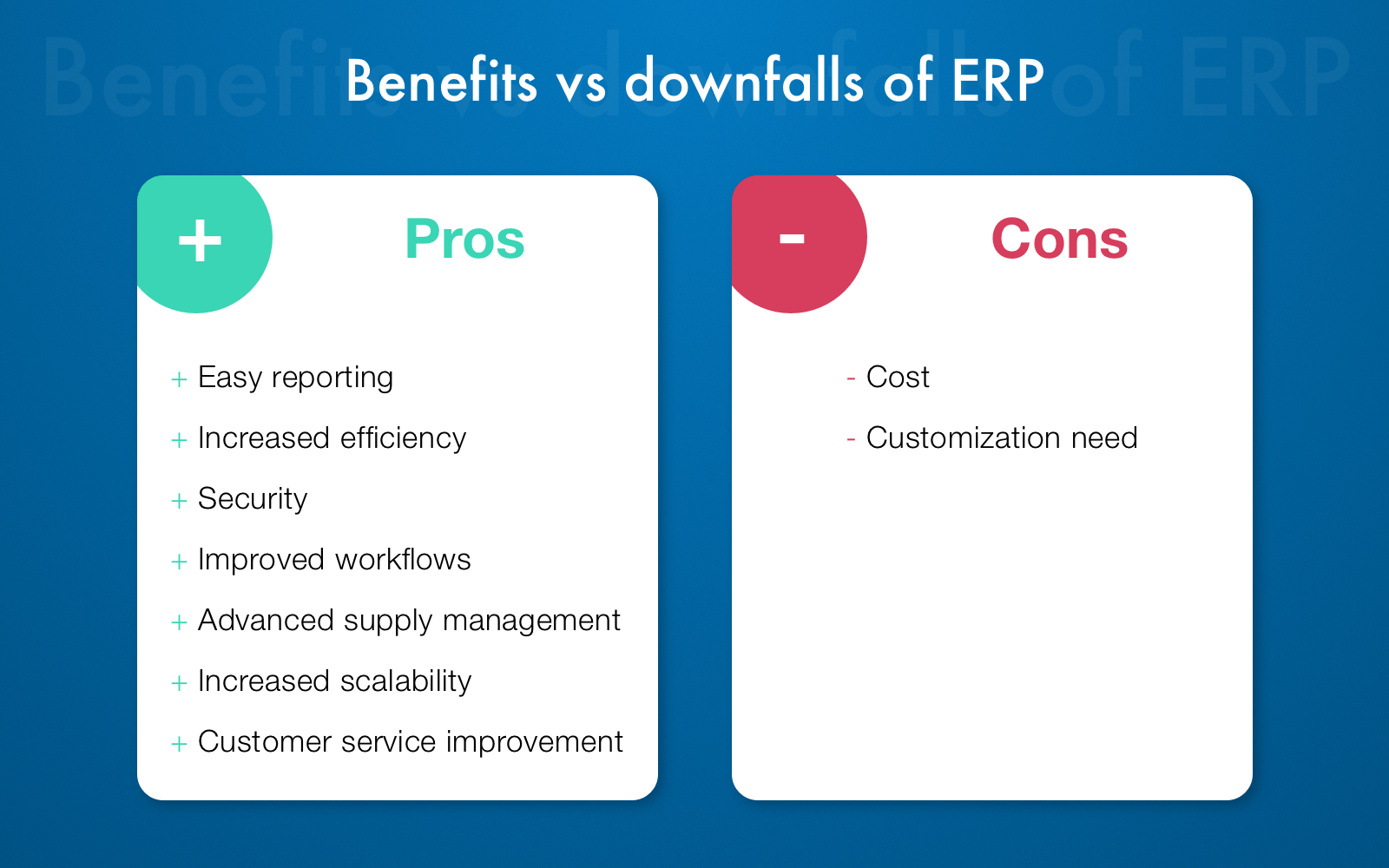
Advantages and disadvantages of ERP systems
Still, the aforementioned cons are not blockers.
First, if the system is chosen according to the actual needs of the company, it’ll pay off pretty quickly.
Second, there’s always an option to develop custom ERP software. This way, the system will have only required features and no unnecessary solutions.
Finally, it's possible to reduce the cost by asking developers to include MVP features only. And business owners can add some required features at any moment being 100% sure they are going to pay off.


























